A school's decision to cut the hair of two children has become a focus of discussion over indigenous history, rights, and tradition.
In the spring of 2020, a school secretary cut the hair of Norma LeRoy and her wife Alice Johnson's daughters, ages 12 and 7, without LeRoy or Johnson's permission. Haircutting is a Lakota tradition, LeRoy told Flatwater Free Press, and the school violated that tradition for a lice inspection they say wasn't necessary.
"Happiness, the goodness, the wellness of life, that takes all that away," LeRoy told the paper. "And so that's the reason why we, as Native Americans, look at our hair strongly. Because it comes from the spirit world, and it was given to us."
LeRoy and Johnson said they approached the school to conduct cultural sensitivity training, but they were ignored.
In May, the mothers sued the Cody-Kilgore Unified Schools district, alleging their first amendment rights had been violated.
"It's definitely resonating with parents," said Rose Godinez, their attorney who works for the American Civil Liberties Union of Nebraska. "When you send a child to school, you expect them to come back to you safe, not violated, and that's not what happened here."
"I just want people to understand that you cannot touch another person's child," Johnson explained. "Every religion has beliefs. Every culture has beliefs that we have rules that we live by. And I want people to know that."
After the children's hair was cut, the mothers took them to the local Rosebud reservation to meet with spiritual leaders and family members to perform the rituals they believe are necessary to protect the children after having their hair cut.
The incident made its way to social media where people discussed their own experiences of schools going against indigenous traditions, according to Flatwater Free Press. Older adults shared stories of having their hair cut in school generations years.
"Having the seventh, eighth, tenth generation having to go through it again ... I mean, it's just a big eye opener because it's being re-lived," LeRoy said.
Between 1860 and 1978, many Native American children were separated from their families and sent to boarding schools. Often, their long hair was cut and children weren't allowed to speak their languages.
In 1900, Zitkala-Sa of the Yankton Reservation in South Dakota wrote about the trauma of having her hair cut.
"I remember being dragged out, though I resisted by kicking and scratching wildly," Zitkala-Sa wrote, reported the outlet. "In spite of myself, I was carried downstairs and tied fast in a chair. I cried aloud, shaking my head all the while until I felt the cold blades of the scissors against my neck, and heard them gnaw off one of my thick braids. Then I lost my spirit...now I was only one of many little animals driven by a herder."
In July, the school district attempted to have the suit dismissed. The district said it didn't discriminate against the children and took action to prevent future hair cutting. It also said no further cultural sensitivity training was necessary.
LeRoy and Johnson hope their case can help bring justice for the children from generations ago.
"[That little girl] didn't have someone to speak up for her and say, 'Don't cut my child's hair,'" Johnson said. "Now times have changed enough that we can speak up about it."


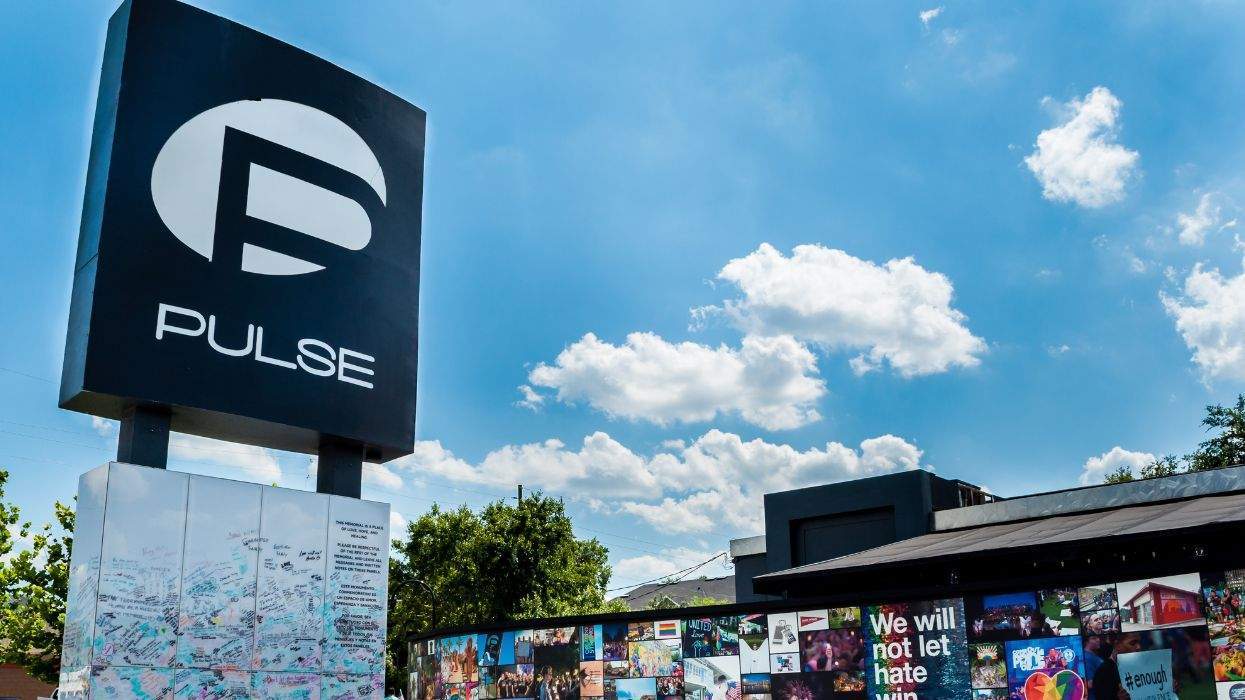

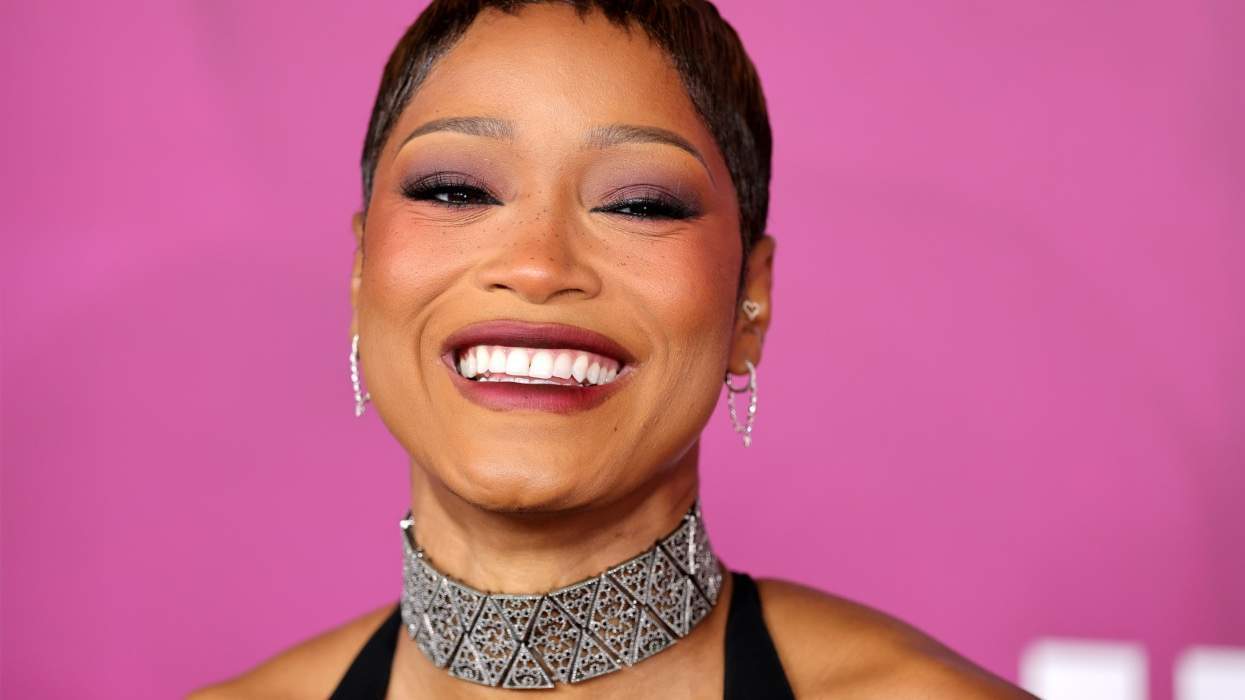

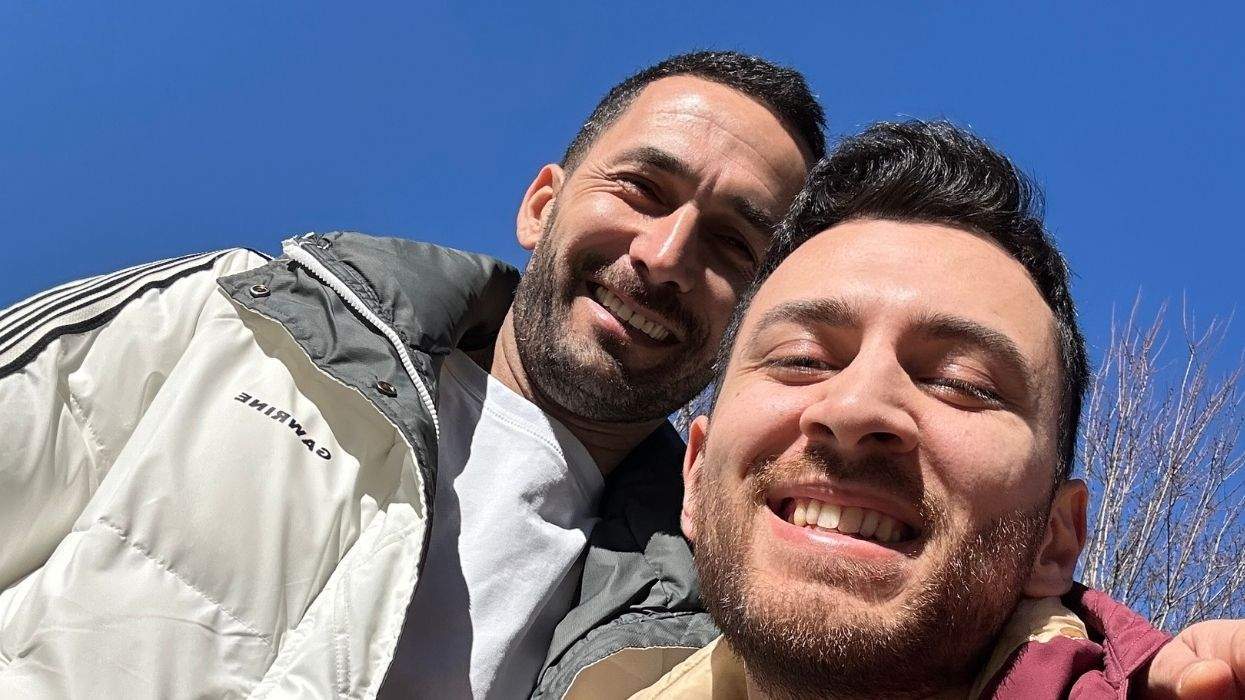
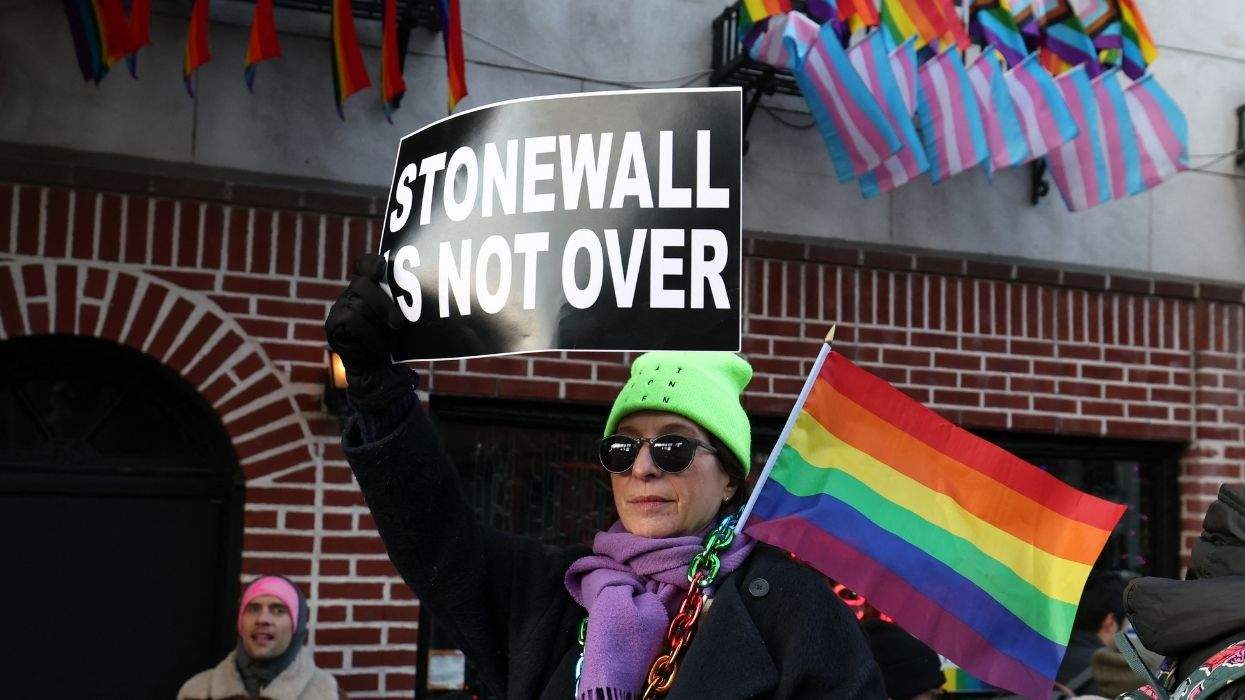


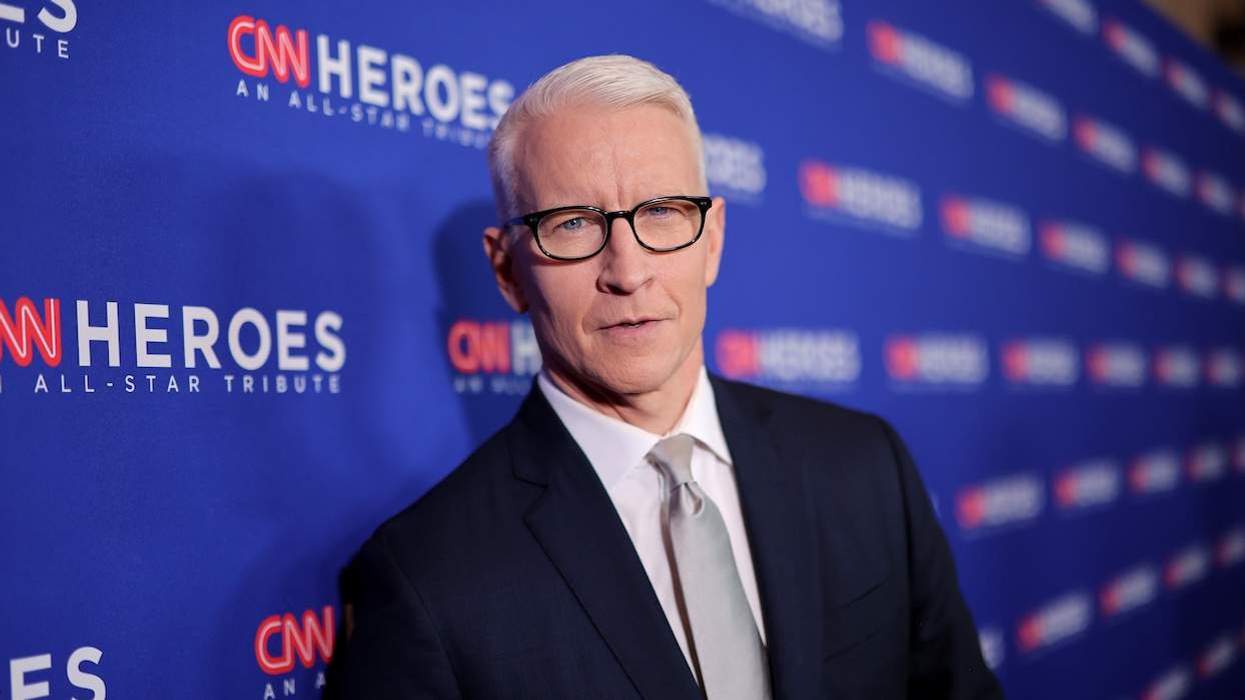





Charlie Kirk DID say stoning gay people was the 'perfect law' — and these other heinous quotes
These are some of his worst comments about LGBTQ+ people made by Charlie Kirk.